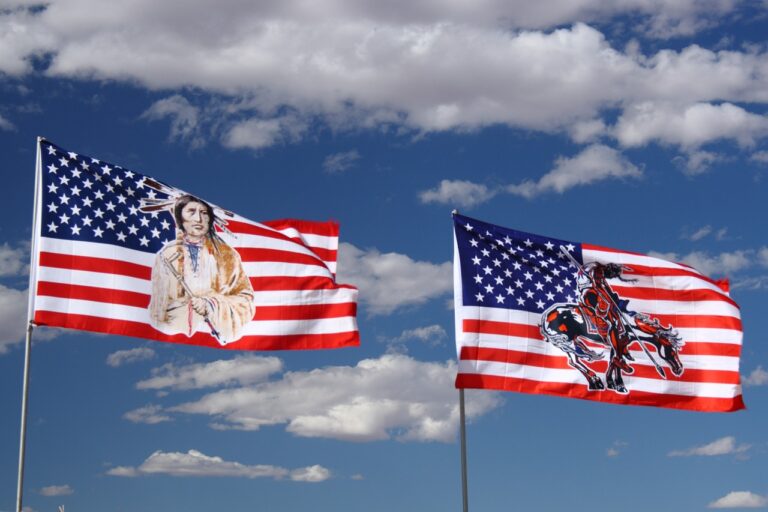Understanding the role of political polarization in shaping election narratives
Political polarization in elections has a long and intricate history, with roots that can be traced back to the early days of democracy. The concept of diverging ideologies and party affiliations has been ingrained in the electoral process since its inception, often leading to intense rivalries and heated debates between opposing factions.
Throughout history, elections have served as a battleground for competing ideas and values, causing a deepening divide between different segments of society. From ancient civilizations to modern democracies, political polarization has been a prevalent theme in electoral politics, shaping the course of nations and influencing the trajectory of governance.
Factors Contributing to Political Polarization
Political polarization has been significantly fueled by the rise of echo chambers and filter bubbles in the age of digital media. With individuals being surrounded by like-minded viewpoints and preferences online, exposure to diverse perspectives has decreased, further solidifying existing beliefs and values. This reinforcement of homogenous ideologies has led to an increase in polarization amongst different political groups.
Another key factor contributing to political polarization is the role of political elites in shaping public opinion. Leaders and prominent figures within political parties often engage in rhetoric and actions that exacerbate divisions and antagonize the opposing side. This influence trickles down to their respective followers, fueling animosity and deepening the divide between competing ideologies.
• The rise of echo chambers and filter bubbles in digital media
• Decreased exposure to diverse perspectives
• Solidification of existing beliefs and values
• Role of political elites in shaping public opinion
• Engagement in rhetoric and actions that exacerbate divisions
• Fueling animosity and deepening the divide between competing ideologies
The Impact of Social Media on Political Polarization
Social media has revolutionized the way people consume news and engage with political content. The ability to share information instantly and connect with like-minded individuals has led to the formation of echo chambers, where users are surrounded by viewpoints that align with their own. This has deepened political polarization as individuals are less likely to be exposed to diverse perspectives and engage in meaningful discussions with those who hold different beliefs.
Furthermore, social media algorithms often show users content that reinforces their existing views, contributing to the reinforcement of confirmation bias. This personalized content curation can create an environment where individuals are constantly exposed to information that validates their opinions, leading to a further entrenchment of their beliefs. As a result, people may become less open to considering alternative viewpoints and more likely to dismiss opposing perspectives, fueling the divide between different political factions.
What role has social media played in contributing to political polarization?
Social media platforms have allowed for the spread of misinformation, echo chambers, and divisive rhetoric, all of which have fueled political polarization.
How has political polarization evolved over time in elections?
Political polarization has increased over the years, with parties becoming more ideologically divided and voters becoming more entrenched in their beliefs.
What are some factors that contribute to political polarization?
Factors such as media bias, gerrymandering, identity politics, and the rise of extremist groups all contribute to political polarization.
Can social media be used as a tool to bridge political divides?
While social media has the potential to connect people and foster dialogue, it often instead reinforces existing beliefs and creates further division.
How can individuals combat political polarization on social media?
Individuals can combat political polarization by engaging with diverse viewpoints, fact-checking information before sharing it, and promoting civil discourse online.







